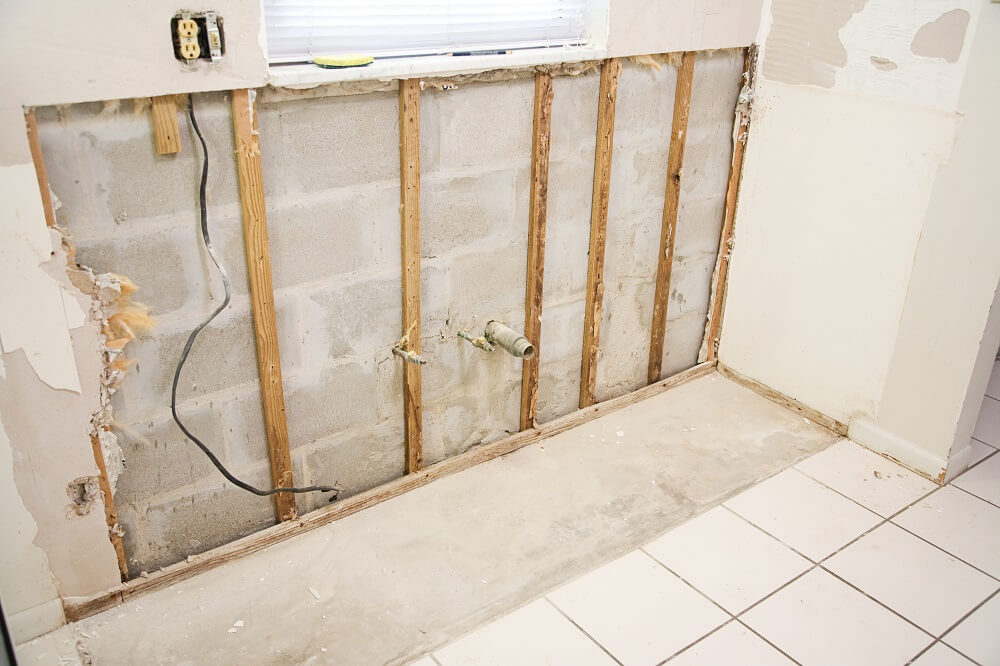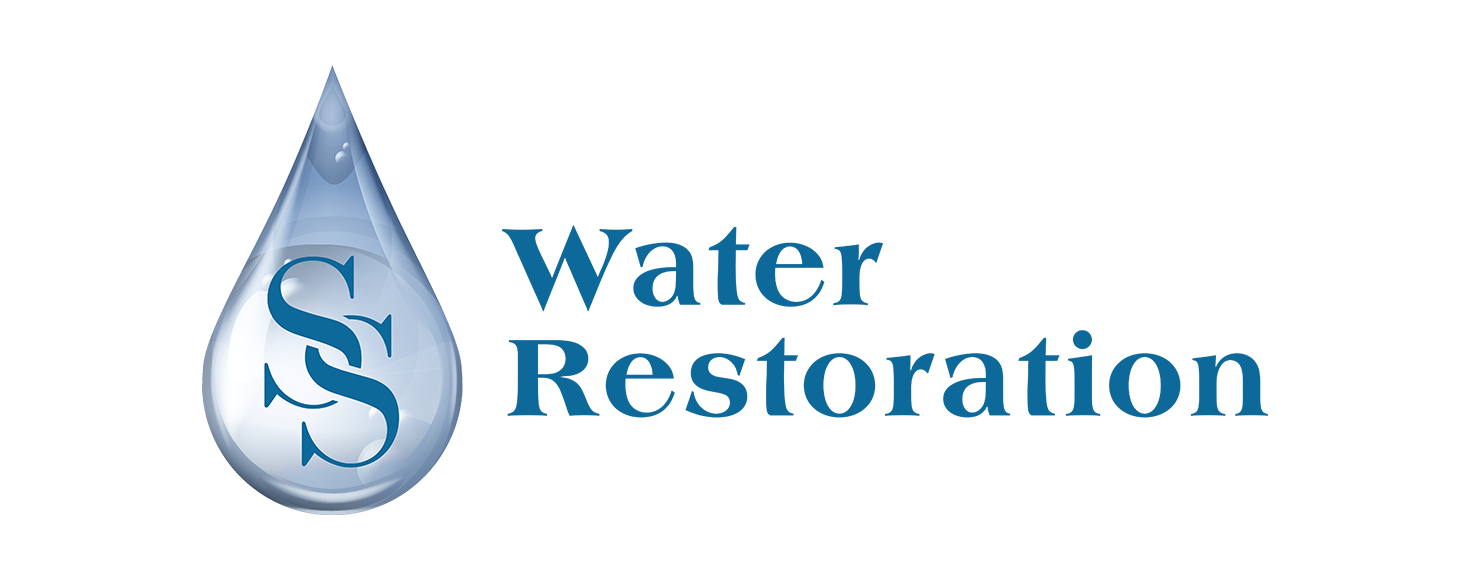Experienced Water Mitigation Company Offering Comprehensive Water Damage Solutions
The Process of Water Damage Cleaning: Ensuring Your Home Is Restored Successfully
Water damages can be an overwhelming challenge for homeowners, demanding a precise and structured cleanup process to recover safety and performance. damage restoration services. Following this, reliable water extraction methods play an essential duty in alleviating more harm.
Examining the Damages
Upon discovering water damage, the primary step is to thoroughly evaluate the degree of the influence. This initial analysis is important, as it aids figure out the required actions for efficient cleanup and remediation. Begin by examining the affected areas, consisting of wall surfaces, ceilings, floors, and individual valuables, to identify the resource of the water invasion, whether from flooding, leakages, or condensation.
Documenting the damage is crucial for both insurance policy cases and preparing restoration efforts - damage restoration services. Usage photographs and written notes to catch the extent of the damage, noting any afflicted architectural components and materials. Pay unique attention to locations that might not be quickly noticeable, such as behind walls and under carpetings, as concealed moisture can lead to additional difficulties, including mold development
Additionally, assess the timeline of the water direct exposure. Eventually, an extensive analysis lays the foundation for a successful water damage cleaning process, making certain that all influenced areas are resolved efficiently and thoroughly.
Water Removal Techniques

Professionals typically use completely submersible pumps for bigger quantities of water, which can rapidly alleviate flooding in basements or other influenced areas. For smaller quantities, wet/dry vacuum cleaners are often utilized to remove recurring wetness from carpetings and difficult surfaces. Additionally, using portable extractors enables targeted elimination in confined spaces or areas with delicate materials.
In circumstances of infected water, such as sewage or floodwater, progressed extraction methods may entail using biohazard equipment to make sure security and conformity with health policies. High-powered removal tools are important in decreasing water retention in architectural products, which can lead to mold and mildew growth and architectural degeneration if not addressed without delay.
Inevitably, the effectiveness of water removal strategies plays a critical function in the total success of the water damages cleaning procedure, preparing for succeeding restoration efforts.
Drying and Dehumidification
As soon as standing water has actually been efficiently drawn out, the following essential phase in the water damages clean-up procedure is drying and dehumidification. This step is necessary to stop additional damages and mold and mildew development, which can take place within 24 to 2 days in moist atmospheres.
To achieve effective drying out, specific equipment such as industrial-grade air movers and dehumidifiers is used. Air moving companies circulate air across damp surface areas, enhancing dissipation rates, while dehumidifiers lower moisture levels airborne, promoting a conducive setting for drying. The combination of these devices makes certain that wetness is drawn out from home furnishings, floors, and wall surfaces, enabling them to completely dry completely.
It is necessary to keep an eye on the drying procedure closely. Professionals commonly utilize moisture meters to assess the moisture web content in numerous products, guaranteeing that all affected locations get to acceptable dry skin degrees. This precise approach aids to stop hidden dampness pockets that might lead to architectural damage or unhealthy mold and mildew growth.

Cleansing and Disinfecting
After the drying out and dehumidification phase is total, the following essential step in water damage clean-up is cleansing and sanitizing the impacted locations. This process is vital to stop the growth of mold and mildew, germs, and other virus that flourish in damp environments.
The cleansing phase usually involves eliminating any kind of debris, dust, and contaminants from surfaces utilizing specialized cleansing representatives. For hard surfaces, a combination of soap and water or industrial cleansing products is commonly employed. Soft materials, such as furniture and carpets, might call for more substantial cleansing methods, consisting of vapor cleaning or deep extraction strategies, to guarantee complete hygiene.

Sterilizing complies with cleaning, using EPA-approved anti-bacterials to get rid of damaging microbes. This action is necessary, especially in areas that might have entered into contact with floodwaters or sewer, as these resources can present significant health risks.
In addition, it is very important to address any kind of remaining odors, which may need the use of smell neutralizers or innovative methods like ozone treatment. Appropriate cleaning and disinfecting not only restore the safety and security and health of your home however likewise prepared for successful repair and repair services in succeeding phases of the water damages cleaning procedure.
Reconstruction and Repair Services

Once the analysis is total, restoration initiatives can start. This typically involves repairing or replacing damaged materials, making certain that all job follows regional building regulations and Related Site criteria. If drywall has actually been endangered, it will certainly require to be removed and changed with brand-new product. In addition, floor covering might call for comparable interest, depending on the level of water exposure.
It is crucial to engage skilled remediation experts during this process, as they have the competence to manage intricate repairs efficiently. In addition, they can aid reduce prospective future problems, such as mold growth or structural instability, therefore ensuring a habitable and safe living setting. Ultimately, reliable restoration and repairs recover the home's honesty and improve its overall value.
Conclusion
Finally, the process of water damages clean-up is critical for recovering a home to its pre-damage condition. Each stage, from evaluating the damages to implementing reliable water extraction techniques, followed by detailed drying, disinfecting, and required fixings, plays a necessary role in making certain safety and conformity with structure standards. Reliable execution of these steps not just alleviates immediate damages yet likewise boosts the lasting stability and worth of the home.
Water damage can be a complicated challenge for house owners, necessitating a careful and structured cleanup procedure to restore security and performance. Inevitably, a comprehensive evaluation lays the foundation for a successful water damages cleaning procedure, guaranteeing that all influenced locations are resolved efficiently and completely.
Efficient water extraction techniques are crucial in reducing damage and stopping more complications adhering to a water intrusion event.In final thought, the process of water damages cleaning is critical for recovering a home to its pre-damage problem. Each stage, from examining the damage to implementing reliable water removal strategies, complied with by complete drying, sanitizing, and required repair sites services, plays a vital duty in guaranteeing safety and compliance with structure standards.